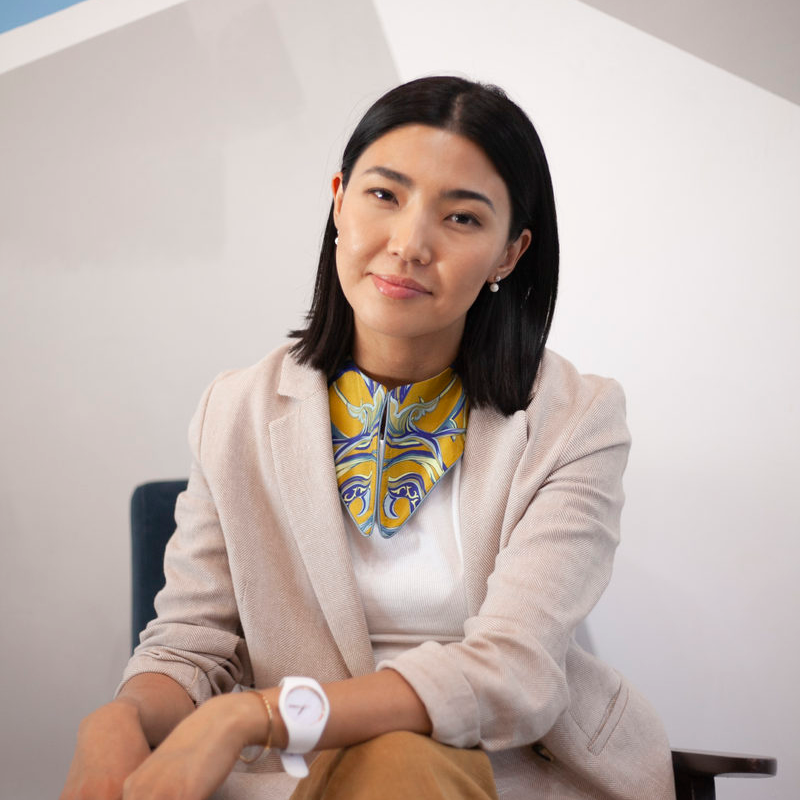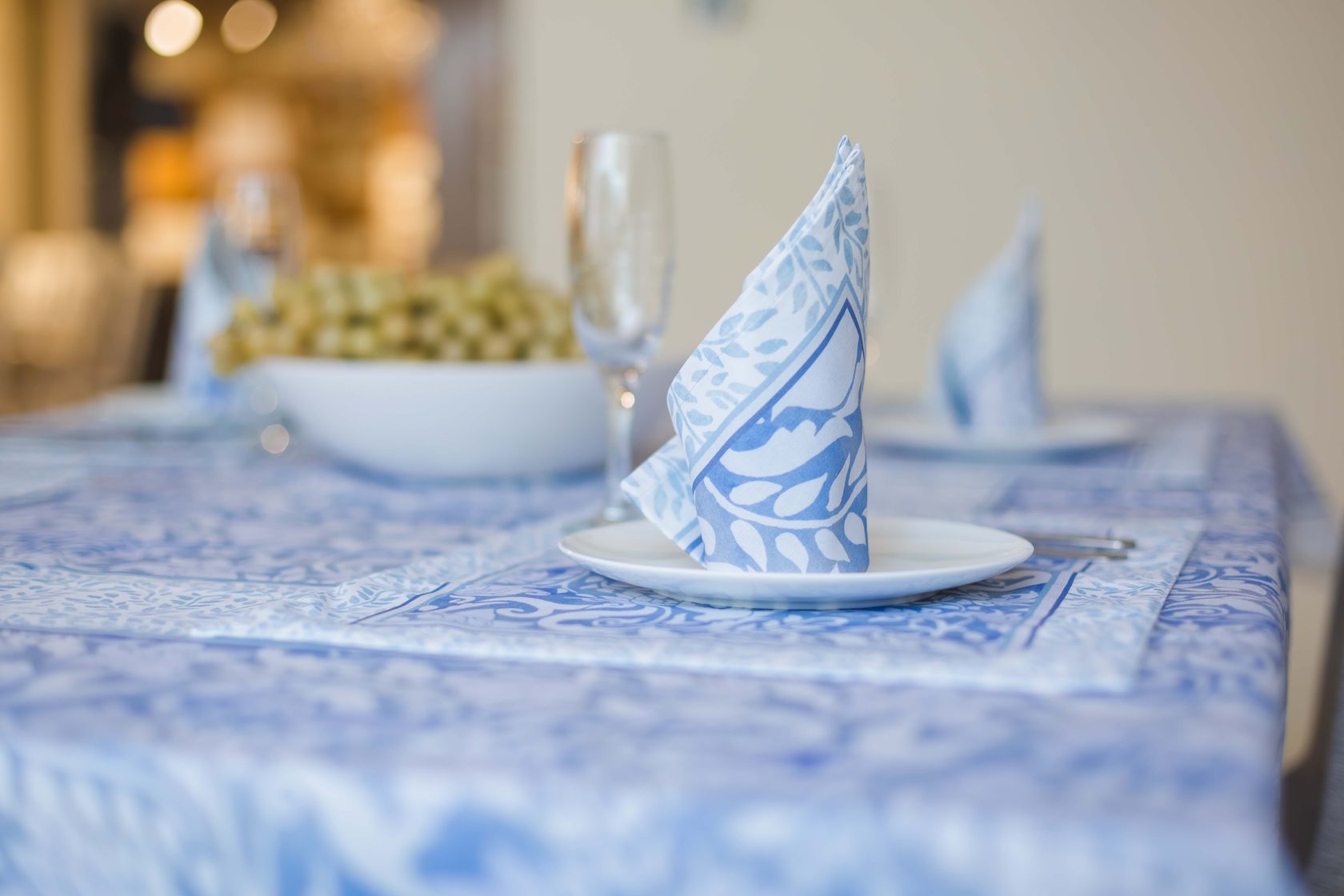The Founder of ADILI Asel Adil on How to Quit Your Corporate Job to Start a Business
You can also read this article in Russian (на русском языке).
20 августа 2019
How to open a business during the financial crisis
Initially I studied at KIMEP, after which I spent one year аbroad as part of the Bolashak program abroad, and when I returned to Kazakhstan, my sister and I began to discuss all the possibilities of starting our own business. My first thought was — why not start with accessories? First of all, it was difficult to sew clothes with a national ornament. Secondly, I thought that a better idea would be to make stylish and colorful accessories that could complement the look. Therefore, the first products of ADILI were leather bags and scarves. The first thing that I came up with was a red leather clutch. Then we started making scarves.
The brand name ADILI is named after our father, whose name is Adil. My sister's and my surname also comes from my father's name. We have put a lot of thought into choosing our brand name and looked at a variety of beautiful words in the Kazakh language. Eventually, one night I came up with ADILI.
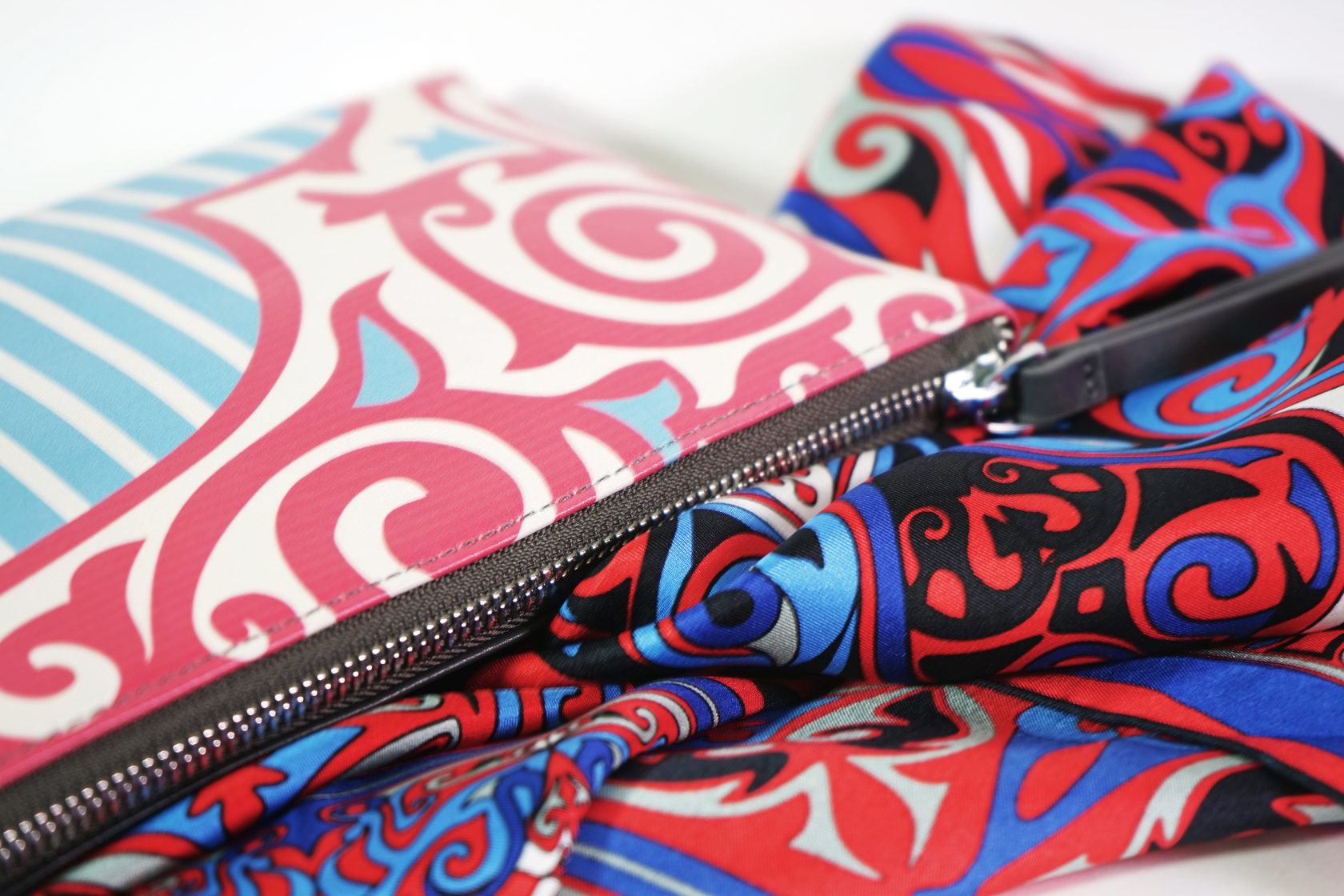
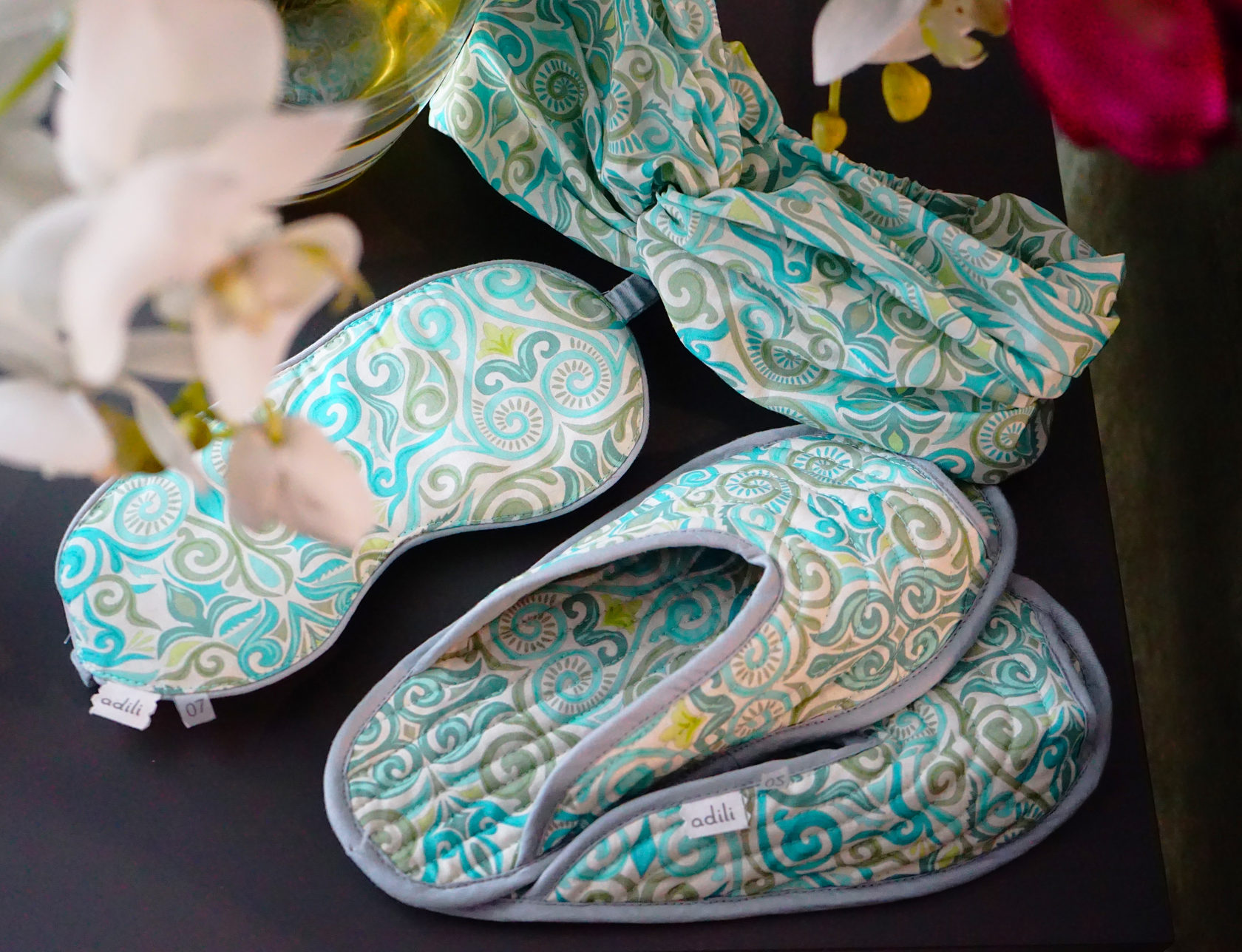
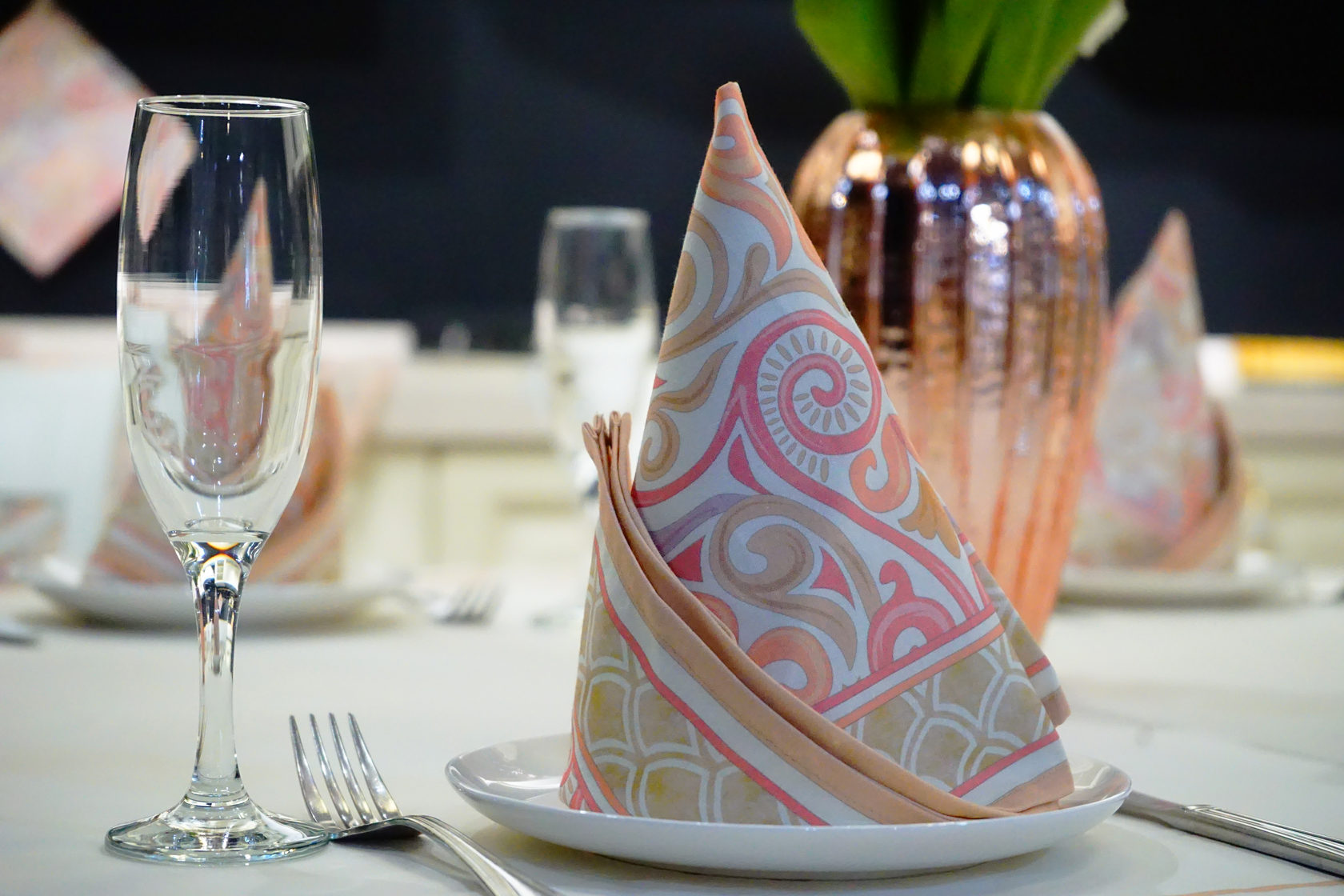
As I was saying, Indira helped provide the start-up capital. A small investment of $10,000 was affordable to many. Accordingly financial risks were small. I was 23 years old when we launched the project — quiet young in my opinion. Nobody would risk to give me a lot of money back then, and I myself would not dare to ask.
For a long time, we did not attract outside investment and were growing financed by our own income. It was organic growth — everything that we earned was invested back into the business again. I never had to take money from the business, since I worked and earned enough.
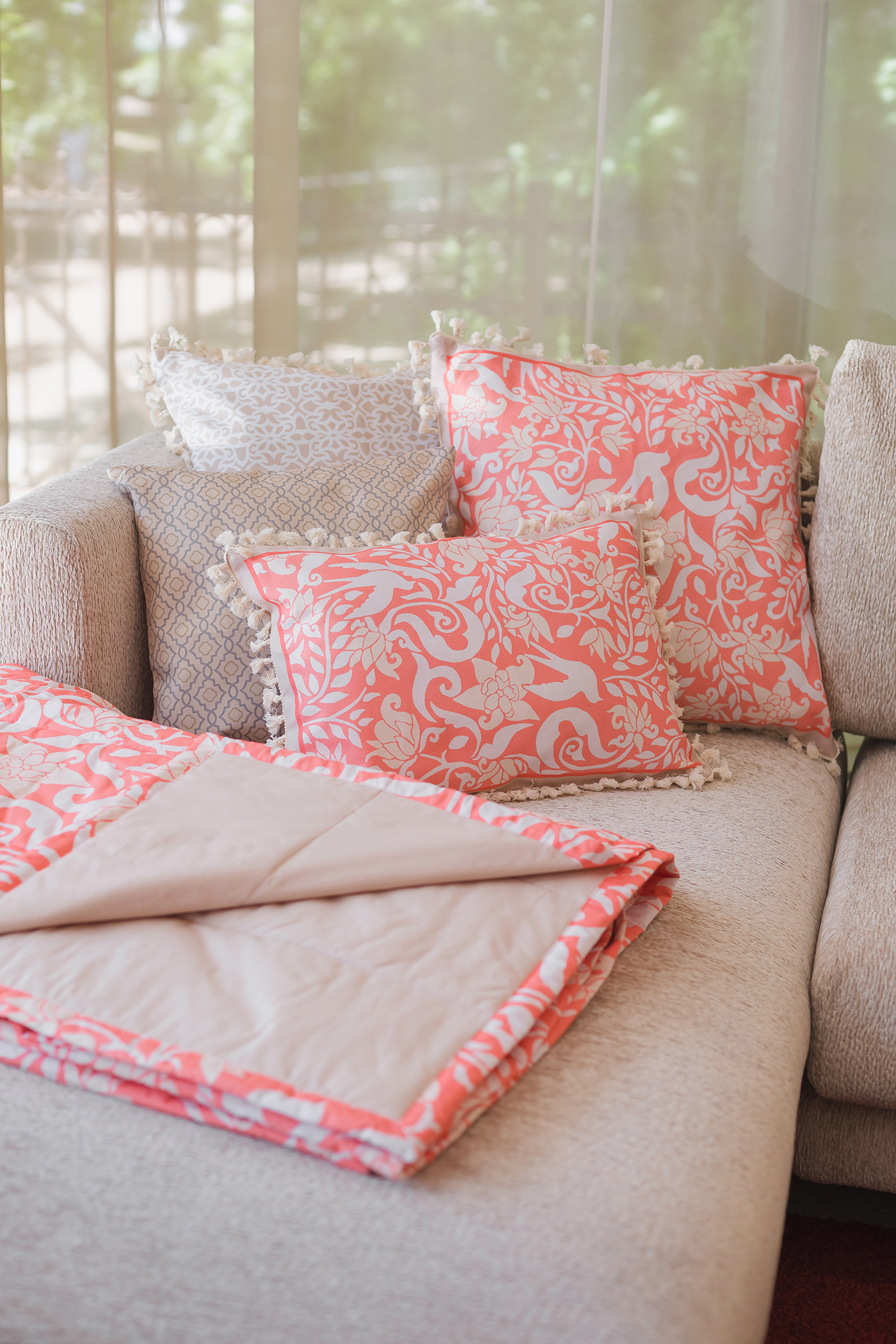
How to manage a full-time job and business
at the same time
It was a difficult time when I had to choose between work and business. Business is like a second child. It is very hard to make the decision to close it. At the same time, running the business is much more challenging than to be employed. I decided to focus on my business, but this process was long and morbid. Even after I made the decision, I was worried for a very long time whether I did the right thing, maybe it was not worth giving up stable earnings and growth prospects.
I have been running a full time business for four years. A lot has happened during this time. The most important milestone was when we opened our production. Before making this challenging decision, we studied the market, went to exhibitions, visited factories in Turkey, Italy and China, watched how their production facilities operated, and talked with professionals.
How to launch your own production in Kazakhstan
By the way, I learned this thorough approach from my mentor, the founder of Zibroo, Elena Alexandrovna Svechnikova. I remember how she showed and told me about how her business operated, and said that if she went on vacation for two months, work processes would remain unchanged. These words stuck in my head, and I wanted the business processes in our company to work at such a level.
We found a consultant who helped shape the budget for our needs and helped find the right equipment — we wanted a small printing house. It took us a year and a half to get a loan, to purchase and install equipment that was all prefabricated. In 2018, we launched production in the Almaty region.
The equipment was mainly handled by my spouse, who is actually not from this work field either — he is a financier, but, as it turns out, with good technical skills. Engineers from two different countries came to us simultaneously to install and set up the equipment, and since at that time we did not have a technical worker yet, the engineers taught us everything. We absorbed new information like a sponge — we took notes, made videos, and in the evening we tried to review all the collected information to prepare questions for the next day. We followed this routine for two weeks. When the experts left, we created a small library with detailed technical guidelines that specified how often we had to change the paint, what the room's temperature and humidity should be, and even which buttons to press.
How to solve the staffing problem
In my opinion, if you have your own vision of the business, you can choose the right people and train them. In fact, we would not be able to open our production if we were not capable of understanding every detail ourselves. People tend to come and go. But knowledge should stay in the company.
I can not say for sure that if I had to be in charge of printing or processing right now that I would be able to do everything. But I can always give instructions to someone.
How to run a business partnership with your sister
I can not remember any specific difficulties occurring at the start of the project — I knew that everything could be solved. I had no fear because I was young and did not really know what I might face and what difficulties could lie ahead. With age, a person begins to analyze and calculate more, and it becomes more difficult to start something new. You rely on your knowledge and experience, and sometimes that can really get in the way.
My sister also worked in finance for a long time, and has literally just joined the business last year. She took over many administrative tasks, while I became mostly involved in production.
At first, my sister and I did not have any assigned responsibilities. And only recently, we began to determine who does what.
Today it is not important where you manufacture your products. Intellectual property is what is important. Labels such as "Made in Italy" are no longer as significant as the design is. Therefore, it is worth talking more about the brand. Yes, we have established the local production, created jobs — over the past two years our staff has grown from four to forty people. But it is much cooler to realize that such manufacturers of brands like ADILI technically do not even exist in the Kazakhstani market.
Unfortunately, intellectual property is not particularly valued in our country. Therefore, we try to patent all our prints. But even this does not protect us from the fact that others copy us, sometimes without even changing the color scheme. They not only copy our prints, but also some of our original ideas.

